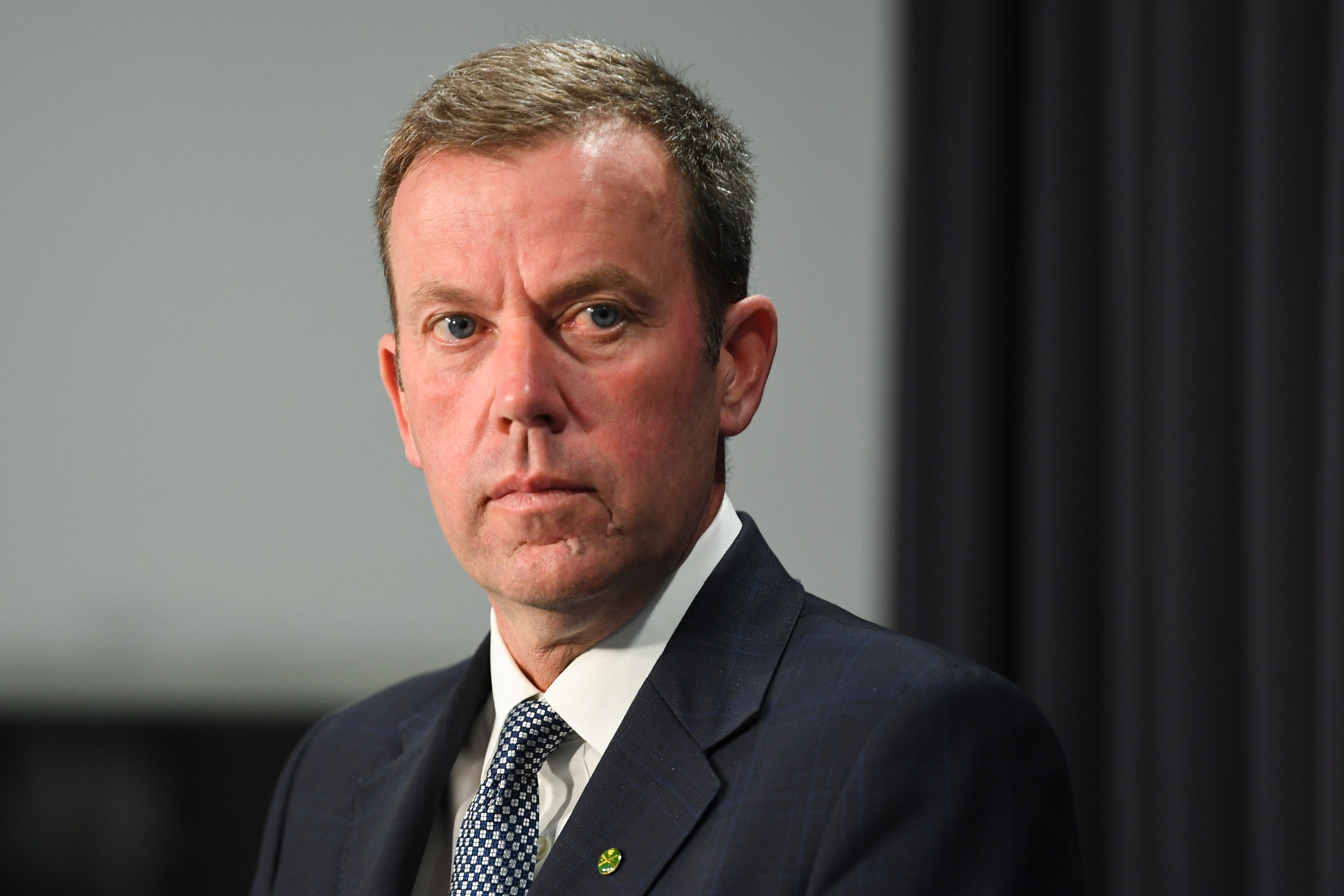Australia, EU in talks over vaccine blockade as Italy insists ban is ‘not hostile’

The first doses of AstraZeneca vaccines arriving in Sydney on 28 February. Source: AAP
Australian Trade Minister Dan Tehan and the EU’s top trade official have held talks after Italy blocked a shipment of 250,000 AstraZeneca coronavirus vaccine doses set for Australia.
A European Commission spokeswoman said the video call was previously scheduled but “they did discuss the export authorisation mechanism” under which Italy acted.
The call came a day after Italy, with the commission’s approval, blocked the export of 250,700 doses of AstraZeneca’s COVID-19 vaccine meant for Australia.
According to an EU spokesperson, the EU’s top trade official Valdis Dombrovskis told Mr Tehan, the EU must prioritise vaccine access for its population first.
“He also reassured that for those companies that are honouring their contract arrangement with the EU, there is no issue with the authorisations, including with Australia,” the spokesperson said.
Italy’s foreign affairs minister, Luigi Di Maio, insisted the export block was “not hostile”.
“All of Europe is now ravaged by the British variant and by the concern for the increase in infections,” he said. “In co-ordination with the European institutions, we have decided not to allow the export of these 250,000 doses.
“It is not a hostile act towards Australia. We have only applied an EU regulation approved on January 30th.”
A spokesperson for Health Minister Greg Hunt said the move would not affect Australia’s rollout, but Prime Minister Scott Morrison said he would ask the European Commission to review the decision.
France has since said it may follow Italy’s lead and also move to block vaccine exports.
Italy explained the ban as necessary due to a shortage of vaccines in virus-hit Europe and the lack of urgent need in the relatively virus-free Australia.
Faced with dose shortages during the early stages of the vaccine campaign, the EU announced in early January an export control mechanism halting deliveries of COVID-19 vaccines outside the bloc.
It said the measure aims to force companies to respect their contractual obligations to the bloc first.
Since the mechanism entered into force on January 30, the Commission said that 174 authorisations of vaccine exports to 30 different countries outside the EU have been approved.
The EU has been particularly upset by AstraZeneca because the company is delivering far fewer doses to the bloc than it had promised.
Of the initial order for 80 million doses to the EU in the first quarter of this year, the company will be struggling to deliver half of that quantity.
“We believe that this vaccine is an important element of our portfolio; and we therefore are expecting the delivery of the agreed doses,” EU Commission chief spokesman Eric Mamer said.
“We are working with the companies in order to ensure that they deliver the doses that are foreseen for the European Union. For all those companies that are doing that, there are no problem with exports.”
However, the EU’s 27 member countries have only administered 36 per cent of the vaccine doses they have received so far, leaving some five-and-a-half million doses waiting to be used.
Germany and Britain both criticised the export blockade on Friday.
“With a measure like that, in the short term there’s a win, but we have to be careful that it doesn’t cause us problems in the medium term by disrupting the supply chains for vaccines and everything that’s needed in terms of precursors,” German Health Minister Jens Spahn said.
Additional reporting by SBS News.
SOURCE AFP-AAP-SBS












